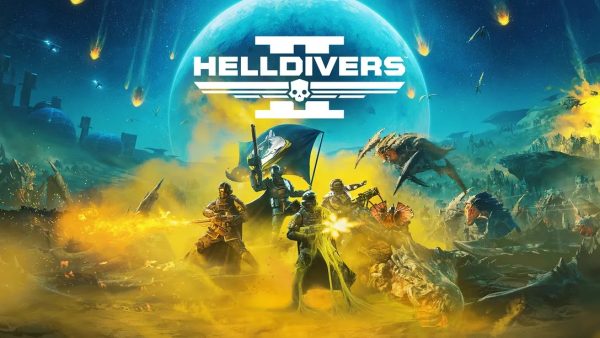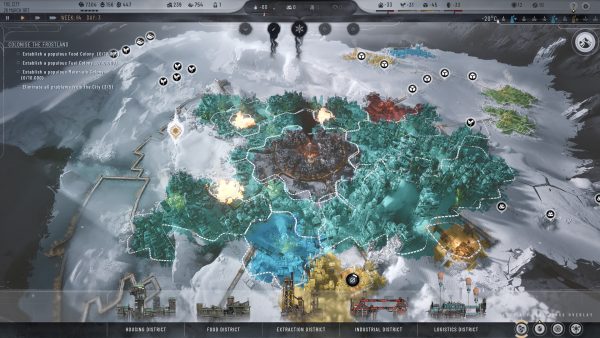Battle Royale Blitz
Fortnite, PlayerUnknown’s BattleGrounds, and more captivate players
Walk into class one day, and listen. If you wait for a few minutes, you’re almost certainly going to hear one of these terms come up: Fortnite: Battle Royale, PlayerUnknown’s Battlegrounds (PUBG), Rules of Survival, and maybe even Radical Heights. All of these fit into one category: an insanely popular genre of video game known as battle royale.
Taking cues from the equally popular Hunger Games novels, as well as other films and books with the concept, these games drop 100 or more players (either individuals or teams) into a map that is slowly shrinking due to a “storm” that damages the player’s health. Forcing players together into a smaller area, eventually only one player or team is left standing from the initial crowd of dozens.
Of course, there is more to the experience than that. Along the way, players can find weapons, healing items, armor, and even vehicles. In some games, “red zones” represent areas where bombs fall from the sky to cull down the number of people left. Fortnite in particular allows players to build forts out of materials they gather such as brick, wood, and steel.
Players can access Fortnite and PUBG on gaming consoles, PC’s, and iOS devices, and PUBG can be played from Android devices as well. Rules of Survival, however, is only available on phones, tablets, and a seperate PC port. Radical Heights, the new game from Boss Key Productions, studio behind the flailing LawBreakers, just released on PC in Steam’s Early Access program. PUBG launched the first popular battle royale mobile app in China, and Rules of Survival became the first popular mobile app in the U.S. Fortnite soon followed by creating an app of their own app, right along with PUBG making their mobile app available to the U.S as well.
Since there is clearly a lot of choices for a new battle royale game, the various apps have been taking shots at each other to draw in new players. The PUBG Corporation has sued Rules of Survival developer NetEase, because of how similar the two games are.With this, PUBG is hoping to get players to move from the Rules of Survival app to their mobile app. Fortnite has continually been trying to funnel gamers into their games by showing their prowess in optimizing their game, a much-complained feature about PUBG. They also have made the game free-to-play on all devices. Players themselves are diverse in their choice of game.
“I like the building aspect of Fortnite, and the pace of play is faster than Rules of Survival,” freshman Lias Kaanta said. “I play PUBG;, it’s super addicting,” freshman Hayden Gropp said.
And their strategy is working. Fortnite is at roughly 60 million players, a number just under Minecraft’s 74 million. It took Minecraft almost a decade, though – Fortnite has achieved it in just eight months. PUBG is no slouch either, at over 30 million sales, according to the developers’ estimates. Other games are reporting similarly impressive sales numbers.
So what makes the battle royale genre such a wild success? According to players, that depends on the game. Overall, gamers said they enjoyed the teamwork and suspense of each match. While Fortnite may have a lead against all other battle royale games with player bases, there are certainly enough players from each game to represent the user base. There is not one game that is more popular than the other; it depends on the personal preference of each player.
Battle royale games are far from done innovating, however. An untitled game known as Project X is experimenting with 400-player matches, and Radical Heights is foregoing using a safe circle area like other games, instead opting for a more dynamic and varied system of sage grids that change throughout the map. Even pre-existing games are continually being updated for more new features.
The question is, are those innovations enough to keep the genre alive?
“I don’t think that [battle royale] will last,” said Charlie Cence. While battle royale games are currently the reigning champions of gaming, it’s not clear if PUBG, Fortnite, and more will leave a permanent mark on the gaming industry, or simply be a passing fad.




